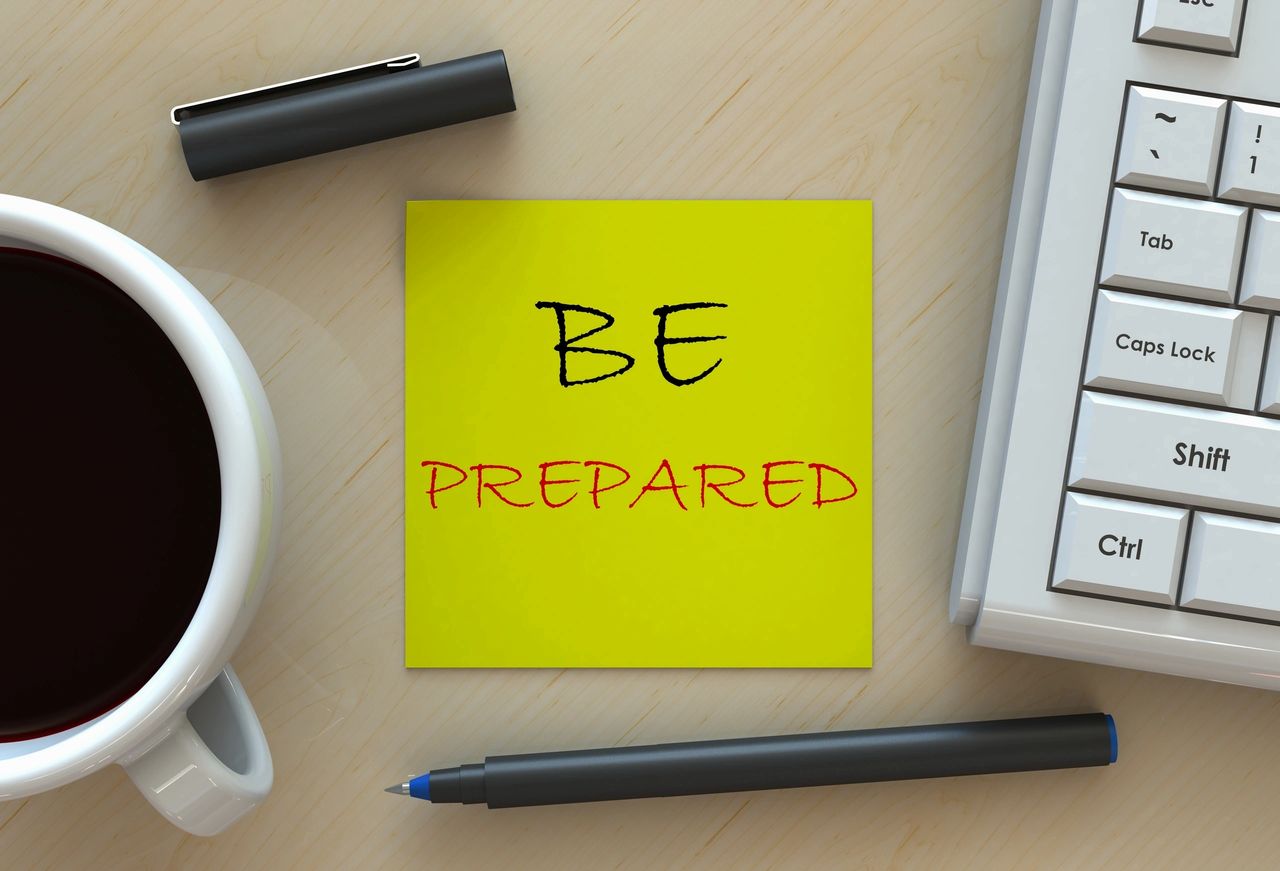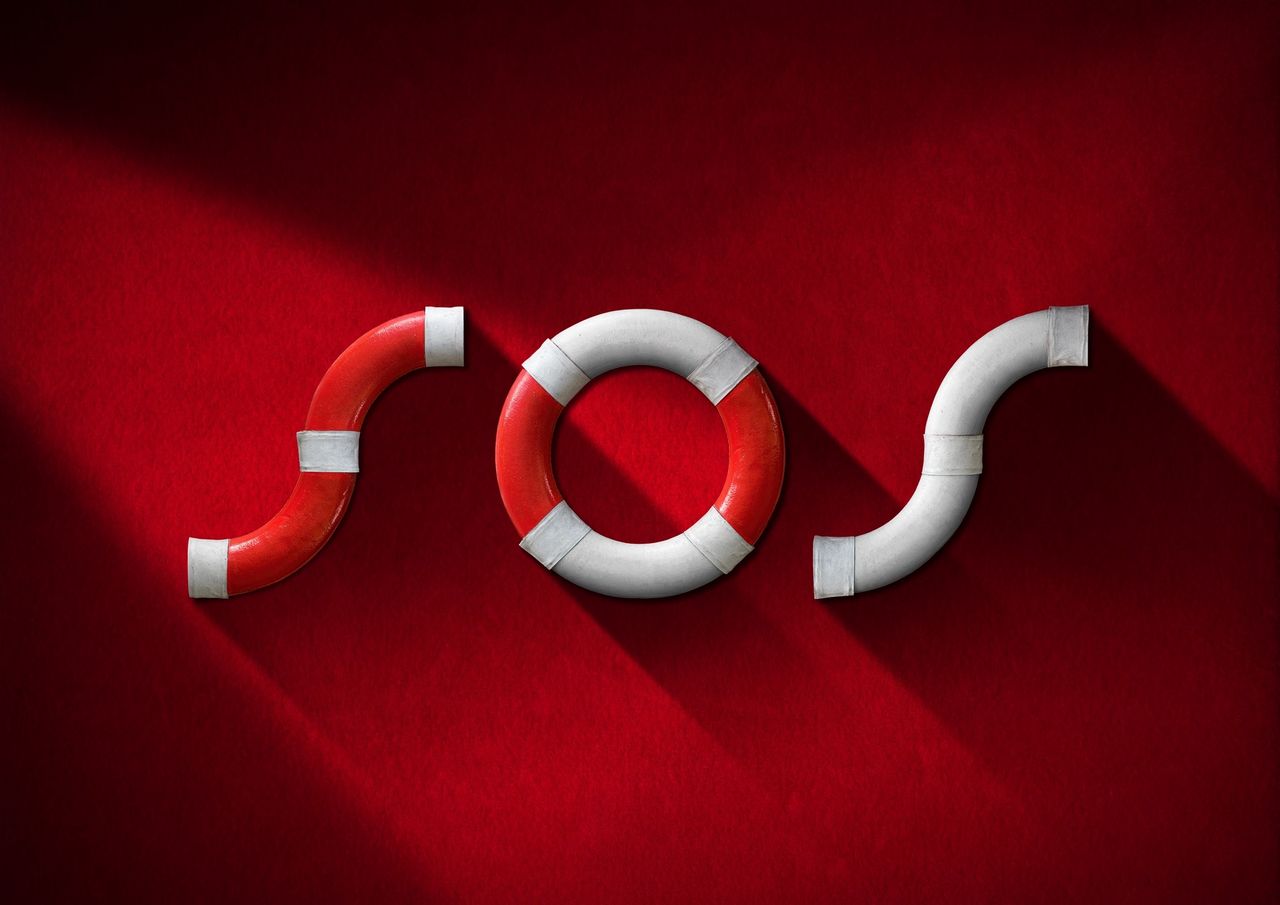Is Preparedness the new Paradigm?

There are a number of quotes that seem applicable right now:
“Failing to Plan is Planning to Fail” – Benjamin Franklin
“They can either play now and pay later or pay now and play later. Regardless of the choice, one thing is certain. Life will demand a payment.” — John C. Maxwell
We are currently in the throes of the worst pandemic ever seen since the Spanish Flu outbreak in 1918. We have had a number of similar virus/pandemic related activity since then such as H1N1, SARS, Bird Flu, Swine Flu and Ebola.
Out here in California, we have also experienced recently (in the last 2 years) massive wildfires and earthquakes that have pushed and stretched emergency services to the limit in some cases and caused untold damage and devastation.
After the earthquakes we had recently (July 2019), I witnessed many people, AFTER the earthquakes occurred, rushing to clear grocery stores of water and food stuffs.
Similarly, people have rushed to stores in the throes of this pandemic hoarding toilet paper and paper towels, fearing that they will likely not be able to get any of those items in the future.
The key word there is “fear”.
That fear comes from a few different places. It comes from the realization of one not being prepared as the situation starts to evolve into something more serious. That fear also comes from a place of disbelief that something “bad” like this could ever happen “here” and what that means. In addition, fear also comes from a lack of understanding or misinformation about what is happening.
I could list a plethora of events that people never thought would happen in their (insert workplace, school, town, city, county, state etc). Terrorist attacks, major natural disasters, active shooters, workplace violence events, pandemics, and other events have impacted lives on a grand scale for decades. The death, destruction, injury and eventual recovery and impact on those affected was and is devastating.
But it certainly begs the question that after all of these, while infrequent, but repeated incidents, why is there an absolute lack of even basic preparedness?
In my humble opinion, after working in public safety for almost 27 years and now advising our clients, think it firmly comes from a belief it that, whatever “it” is…that it “Won’t happen to me”. That belief provides a false sense of security and causes us to disregard warnings and advisories to prepare and ensure we have what we need in place. That belief is further compounded by the statement “Well…it hasn’t happened to me yet, so that must mean it won’t”.
This is another dangerous state of mind. Just because it hasn’t happened yet, does not mean it will not happen. And just because something hasn’t happened yet, doesn’t mean you should not be prepared for it. We are currently finding out that very hard lesson right now in real time.
Healthcare systems are overwhelmed, non-essential businesses are ordered to be closed to prevent further spread of the virus, social distancing, converting to a work from home posture, the economy taking a hard hit and a whole host of other measures that are impacting society heavily right now.
Interestingly, I have heard in many different circles that there was “nothing” that could be done to prepare what is occurring right now with COVID-19.
I respectfully disagree with that statement and that mentality.
We have known for decades that natural disasters, pandemics, active shooter situations, terrorist events all pose threats to society as we know it. And in some cases, great strides have been made to ensure preparedness in some areas.
I always think that there is something that can be done to be prepared. Even if the situation evolves to be worse than anticipated, you will be better off than if you didn’t prepare for it at all.
And yes, it takes a concerted and focused effort to be prepared and plan for events.
What is concerning to me however is the business community and especially small businesses (A community of which I am part of). As a consultant, I consult and advise many small, medium and large business leaders. I have seen great entrepreneurs who have poured their heart and soul into building, growing and sustaining a productive business in “normal” times, yet have done virtually zero to ensure its survivability during and after a disaster.
I have also heard many say they either do not have time or the resources to invest in continuity planning or preparedness. They are focused on a myriad of business related matters daily, ie growth, sales, personnel issues and other business matters, which makes complete sense…. during normal operations.
But the question remains: How do you build your passion and then not ensure its longevity and survivability?
This situation has affected literally everyone in some way, shape or form. Many business organizations are currently trying to figure out how to manage what is currently happening and build processes on the fly.
This is akin to building a plane while its already flying. I am not sure who said that, but I think that is an accurate description of what is occurring right now. Many organizations are doing double duty…trying to figure out what to do and then having to do it, and hope it works. This is done instead of referring to an already established plan and then executing that plan.
Having even a basic plan can help minimize some of that fear I mentioned earlier. This also allows the organization some breathing room to make longer term decisions while still managing the situation calmly and effectively.
Building in preparedness and continuity to your overall business plan can help identify and assess what potential threats exist and help you build in resiliency and redundancies to ensure that your business is able to execute its essential functions. Investing in preparedness and resiliency is an investment in your future.


